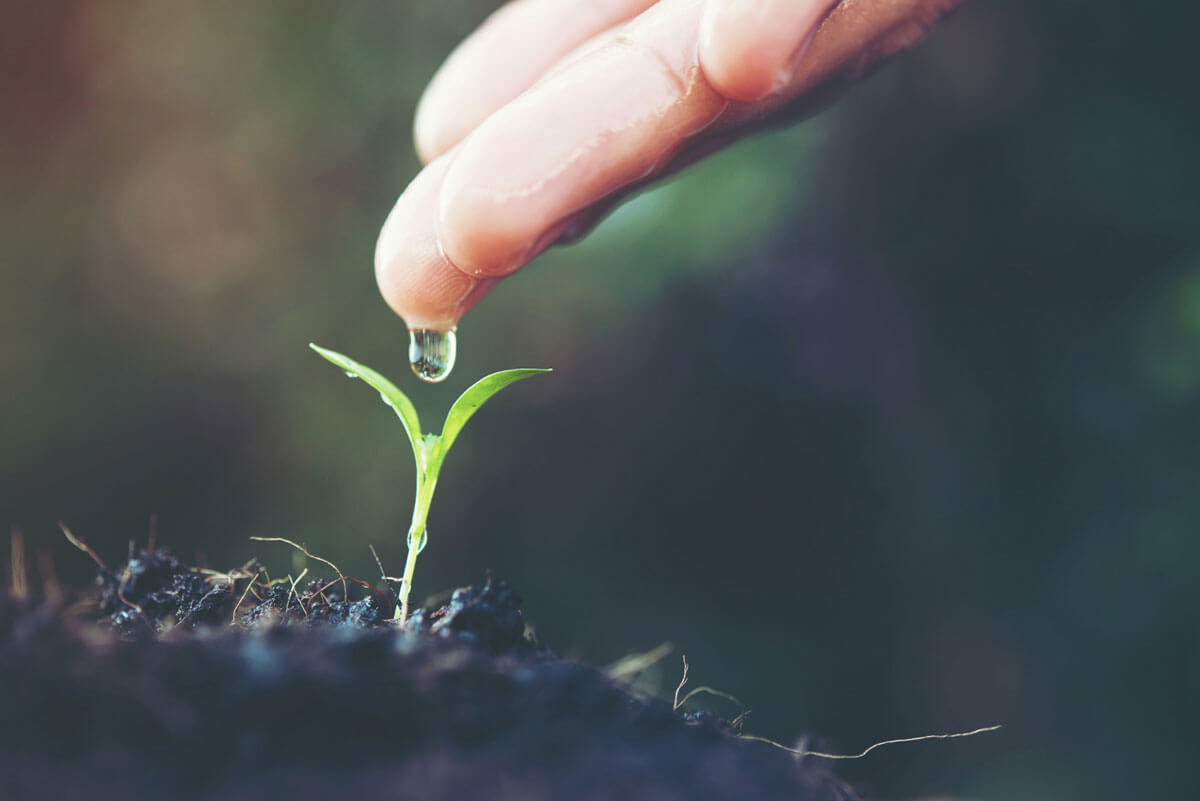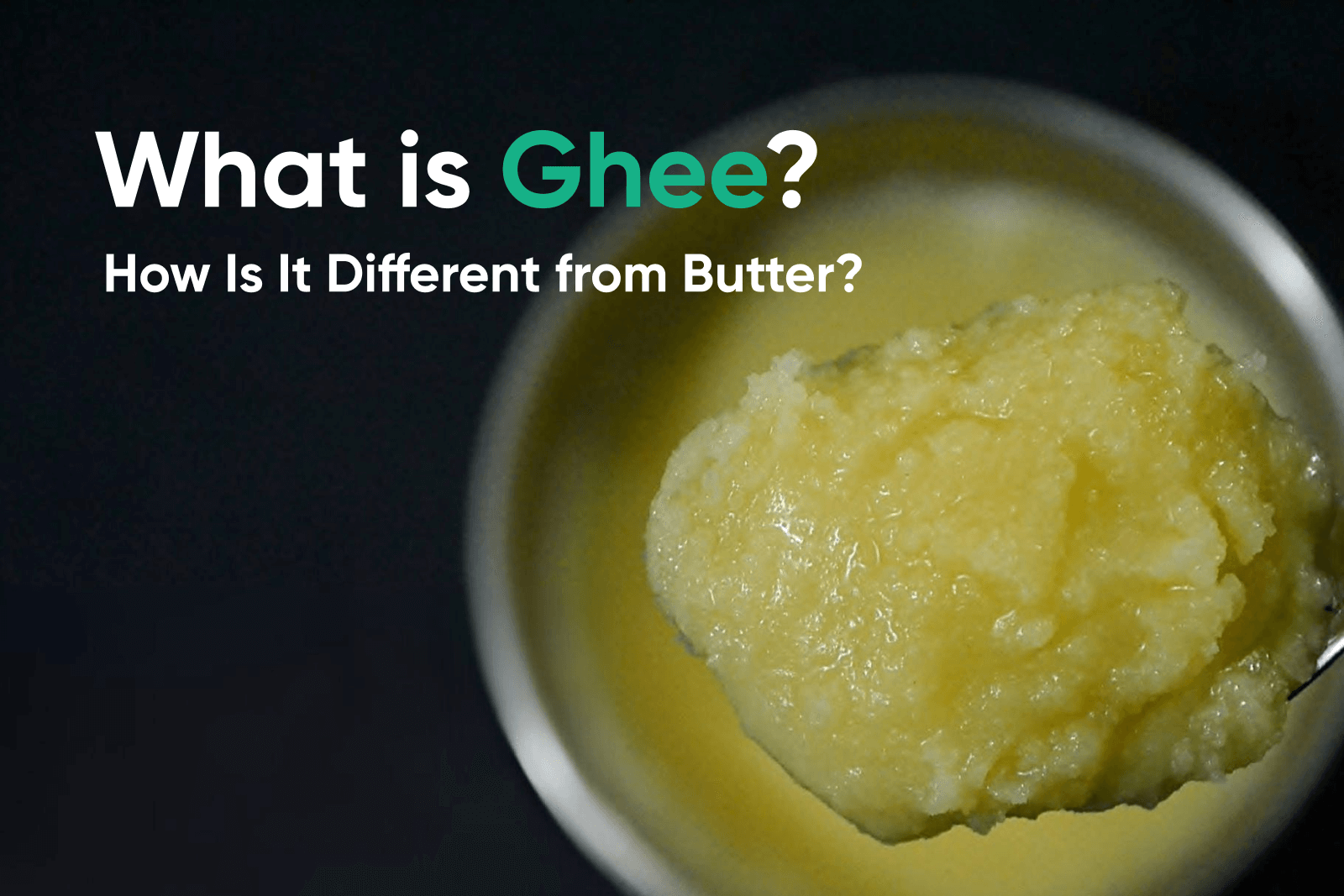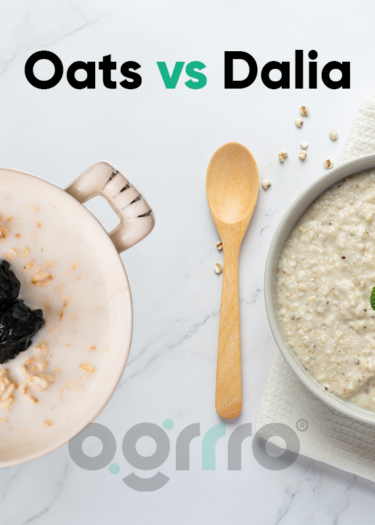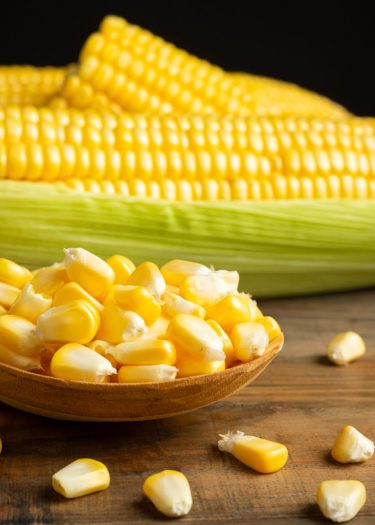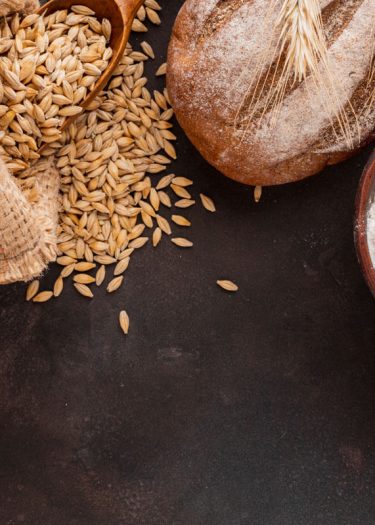AGRICULTURE is the process of producing food, animal feed, fibre, and other goods with the help of growing and harvesting plants. When someone is thinking about agriculture, there are five Fs to talk about- Food, Fabric, Farming, Forestry, and Flowers.
Evolution of Farming:
Farming was the first occupation of human beings. Farming gives the vast majority of the world’s cotton, wool, and wood for the development of paper and leather.
Around 2000 years ago, the majority of the world’s population had become dependent on farming. It was the primary source of income. Farming delivered sufficient food that people turned out to be free to pursue interests without stressing over the thing they planned to eat that day.
There are a lot of differences between the cultivation in ancient times and the cultivation in the present. In fact, the pressure on agriculture dramatically increased after 1890, Agriculture became increasingly mechanized and commercialized. These new agricultural strategies, while valuable for the time being, had serious longer-term side effects, for example, soil compaction, erosion, and a decrease in overall soil fertility alongside health concerns about harmful chemicals going into the food supply.
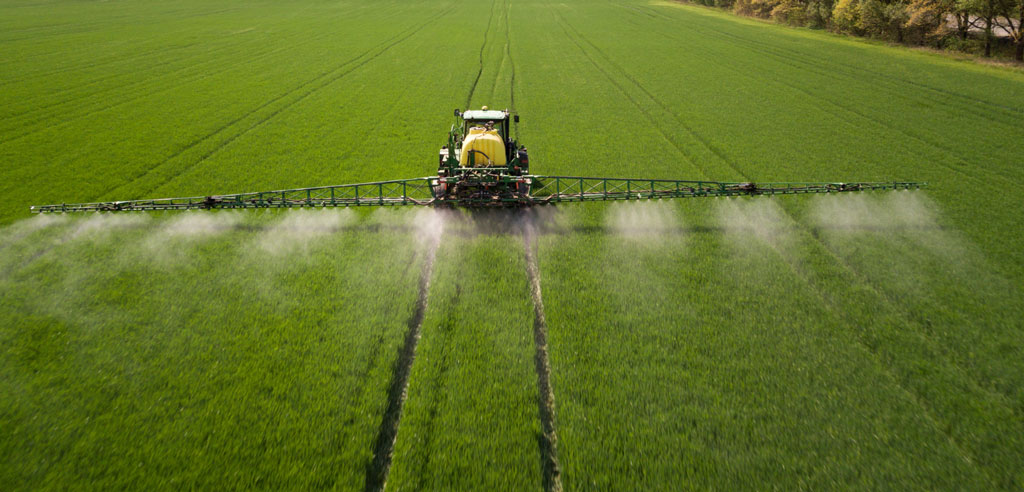
We all know the soil is the basic material in agriculture. The conventional farming methods of food production are unsafe to human health because they contain residues of chemicals and inorganic fertilizers. The World Health Organization estimated in 1992 that 3,000,000 pesticides poisoning happen every year, causing 2.2 million deaths. Traditionally, farmers have used many kinds of strategies to protect their crops from pests and infections. They used to put herb-based toxic substances on crops and handpicked insects from plants to breed strong varieties of crops and rotated crops to control pests.
What is Organic Farming?
Organic Farming is a cultivation method that includes nurturing and growing crops without the utilization of chemical-based fertilizer and pesticides. Organic farming is an agriculture method that produces healthy food, soil, plants, environment, along with crop productivity.
Organic Farming focuses on human welfare with no damage to the climate which is the establishment of human existence. Organic farming was the original type of agriculture. Forest gardening, crop diversity, pest control, plant nutrition, soil fertility, a fully organic food production system. The organic farming movement began during the 1920s in central Europe.
Why is Organic Farming important for us?
There are some points which describe the benefits and reasons:
1.) Get Nutrition – Food from organic farms stacked with supplements like vitamins, enzymes, minerals, and different micronutrients. Organic farming enhances the nutrients of the soil which is given to the plant and animals.
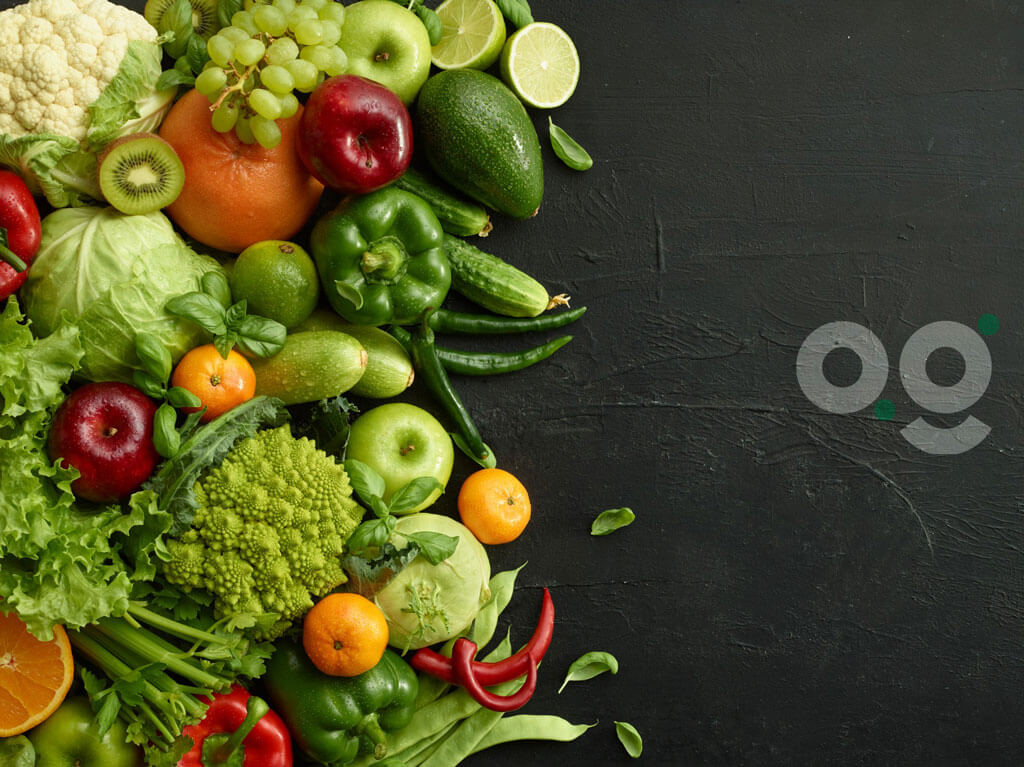
2.) Stay Healthy – Organic Farming does not contain any chemicals, must be produced without synthetic pesticides, fungicides, or herbicides. They don’t use chemicals at any stage of the food growing process. Organic farming can’t be grown by the use of genetic engineering.

3.) Quality Check and Investigation – Great advantage for consumers because they are getting real organic food. And can sell high-quality crops at a good price.
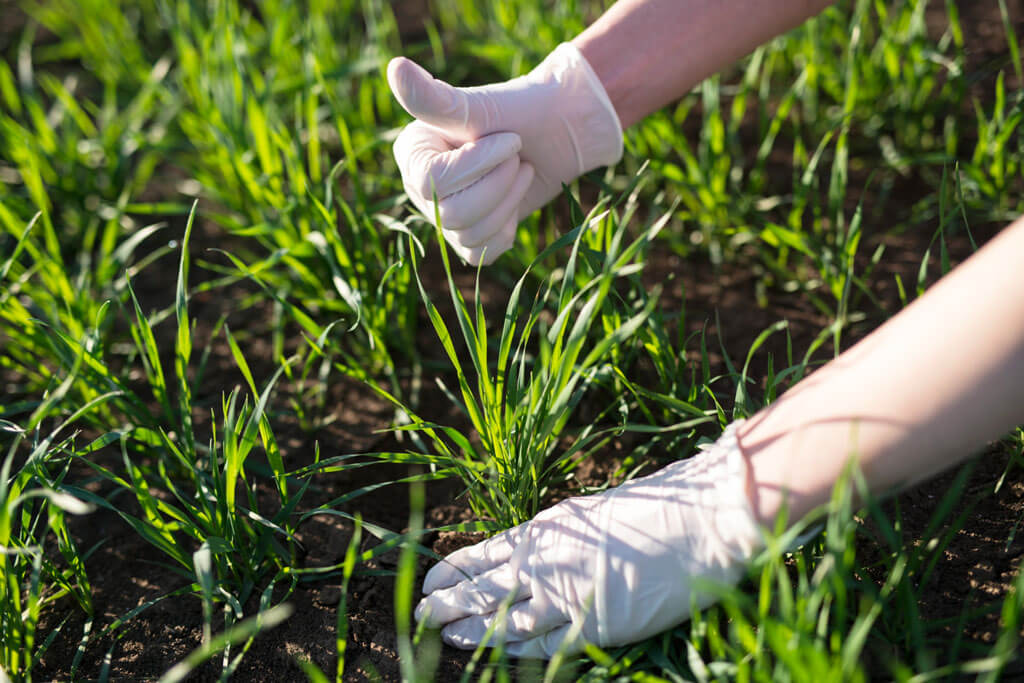
4.) Free of Poison –Organic Farming does not make use of poisonous chemicals pesticides and weedicides. Organic farming avoids these toxins and reduces sickness and disease caused because of them.
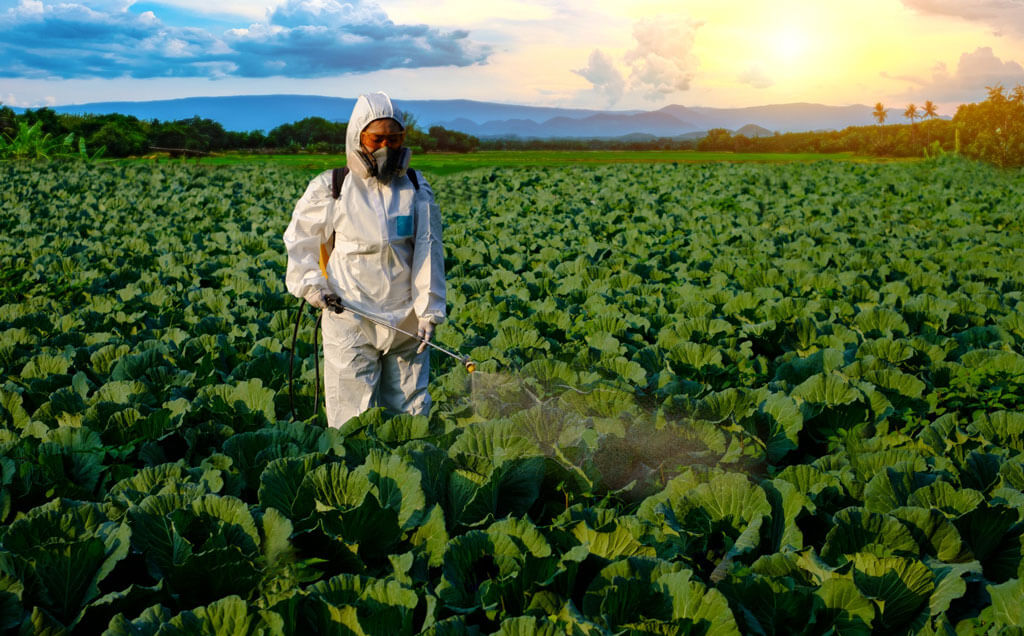
5.) Eco Friendly – Organic Farming does not use chemicals, fertilizers, pesticides hormones and so the environment remains protected by the reduction in these pollutants. Increased long-term soil fertility ensures that water stays clean and safe and controls pests and diseases without harming the environment.

6.) Taste – The taste of Organic Food is better than other inorganic foods. Organic farming broadly depends on supporting the soil naturally by utilizing compost, green manure, and natural minerals and powders.

7.) Soil Management – Changing the crop grown each year, farmers can keep good soil for many years. Worms, bacteria, and insects underground are always working on making the soil good.

Asia, Africa, and Latin America many of them are cultivating land as their ancestors did hundreds or even thousands of years ago. They don’t use agriculture technology involving expensive chemicals or production methods. IN INDIA in 2016, Sikkim converted to 100% organic farming, other states also declared their intention to shift fully to organic cultivation like Mizoram, Goa, Rajasthan.
India has 835,000 certified organic producers right now and the numbers are increasing as farmers are becoming more aware of the harms of inorganic farming.
“THE ULTIMATE GOAL OF FARMING IS NOT THE GROWING OF CROPS, BUT THE CULTIVATION AND PERFECTION OF HUMAN BEINGS.” -MASANOBU FUKUOKA
